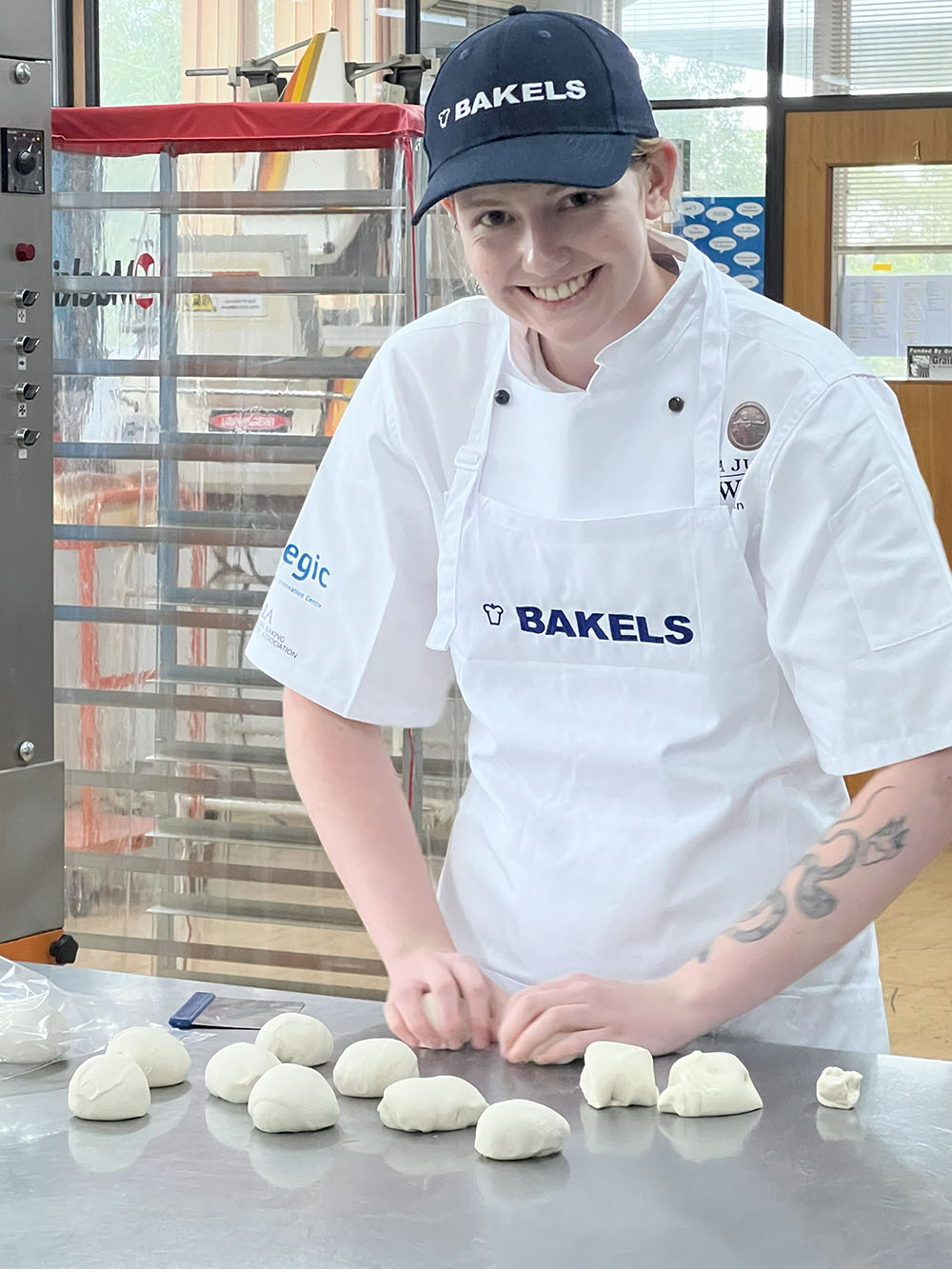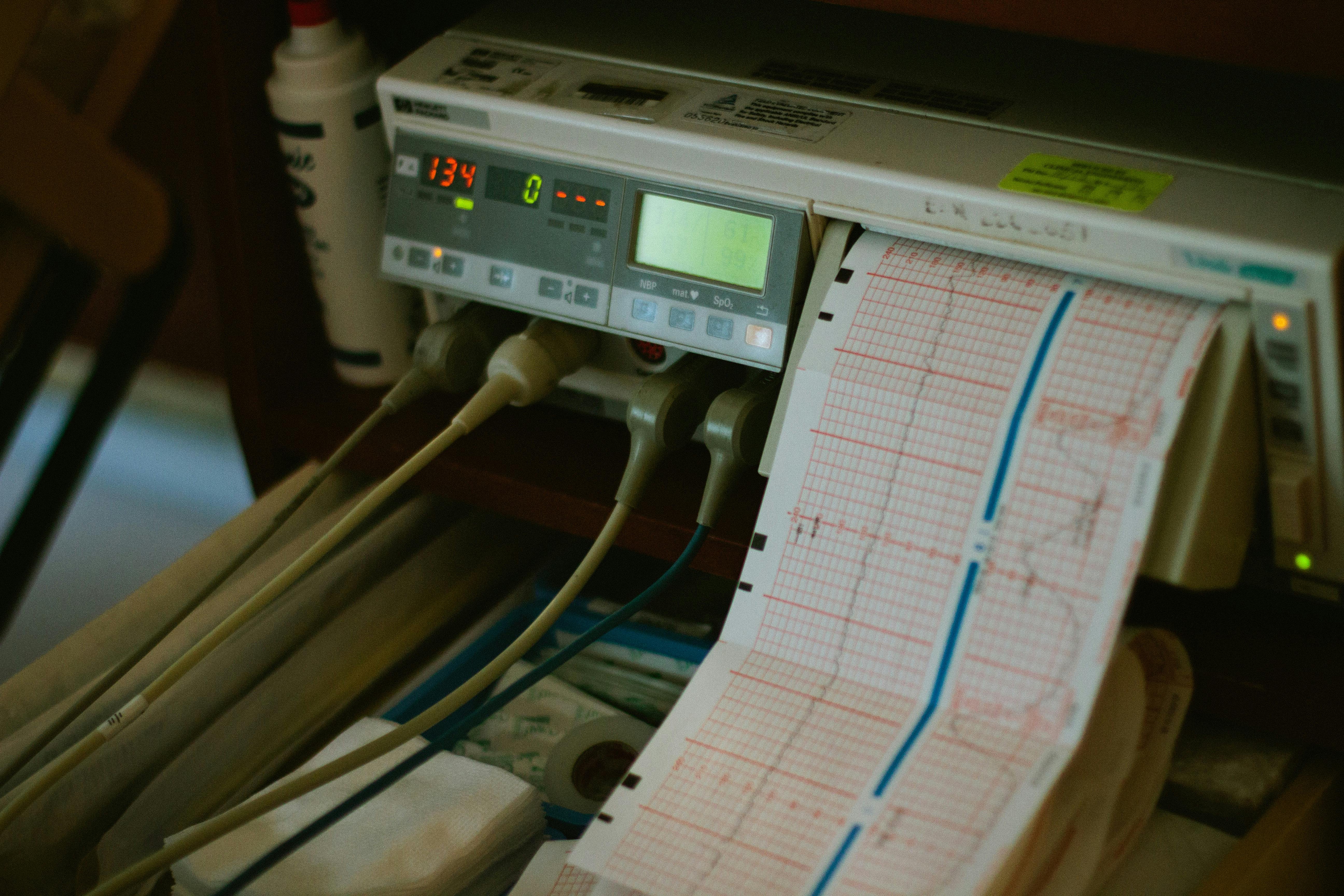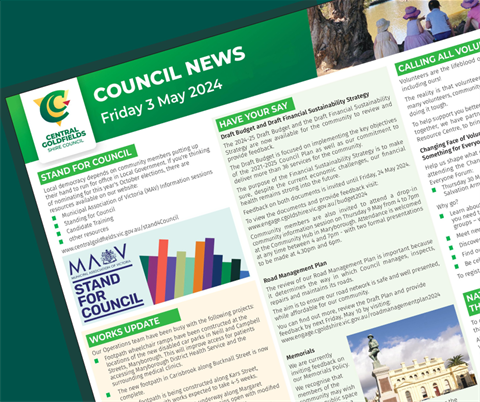headspace the National Youth Mental Health Foundation, has today launched a new checklist to help General Practitioners and other health professionals identify the early signs of psychosis in young people.
Psychosis can be treated and with support most people have a good recovery. In fact, 90% of people within 12 months of starting treatment, achieve full or partial remission of the most dramatic symptoms including hallucinations, delusions or thought disorder1.
Simon Dodd, National Clinical Adviser at headspace, said that the new checklist was designed to help health professionals to more easily identify the symptoms of psychosis and allow for referral and a diagnosis earlier.
“Psychosis is most likely to first appear in a person’s late teens or early twenties and can have a significant impact on their life. That’s why it’s important we ensure young people experiencing psychosis are connected with support services as soon as possible,” Mr Dodd said “Psychosis can be frightening, it’s often misunderstood and we know it can turn a young person’s world upside down. But the good news is that it can be treated and with support, recovery is highly likely.”
The launch of the checklist is part of a new campaign to raise awareness among health professionals of psychosis in young people, and to help connect them with one of the 14 headspace centres across Australia that offer a specialist Early Psychosis program.
Designed primarily for health professionals, the checklist explores issues such as functional decline that may have occurred in the past three months, plus the prevalence of positive and negative symptoms.
The adolescent psychotic-like symptom screen (APSS) forms part of the checklist and asks specialist questions, such as:
- ‘Have you ever felt you were under the control of some special power?’
- ‘Have you ever seen things that other people could not see?’
- ‘Have you ever felt like you had extra special powers?’
The checklist uses a score-based assessment system to recommend whether a referral should be made.
Simon continued: “Psychosis is a serious issue that calls for professional clinical help and should never be ignored. “Evidence suggests the best treatment is holistic in nature. The headspace Early Psychosis program is free and supports young people in every aspect of their recovery, including best practice treatment, education and employment support as well as understanding how to maintain relationships. “The program also supports families who can access education on psychosis treatment, self-care and how to implement interventions at home.”
“The earlier psychosis is diagnosed, the sooner we can turn it around. With the right support a young person can get back to leading the life they choose.”
headspace Early Psychosis is delivered via designated headspace centres in New South Wales, Northern Territory, Queensland, South Australia, Victoria and Western Australia.
To learn how to recognise early psychosis symptoms or refer a young person for support, visit: headspace.org.au/earlypsychosis








